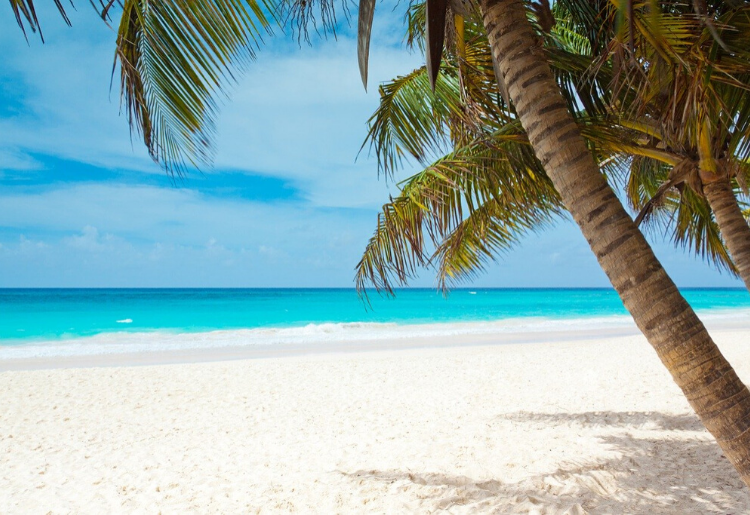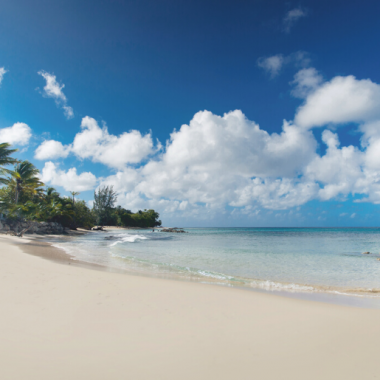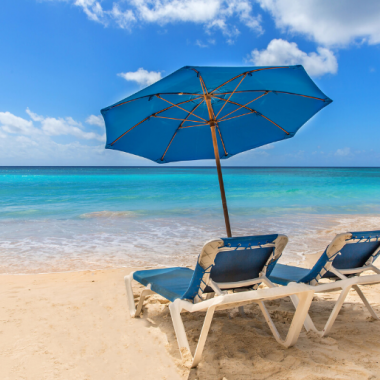What is the Coronavirus?
How Does the Coronavirus Spread?
Reputable Coronavirus Updates
Most of the information in this article was researched on global health organisations which are listed below. For reputable updates on the virus, travellers should follow these websites as well as their associated social media handles:
- The World Health Organisation (WHO)
- The Pan American Health Organisation (PAHO)
- Centers for Disease Control and Prevention (CDC)
- The Caribbean Public Health Agency (CARPHA)
Although there are several news outlets reporting various news items about the virus, these sites are the primary sources for information about Coronovirus and the Caribbean and the rest of the world. Additionally, local tourism agencies provide up-to-date and accurate information on their websites.
Protection Against the Coronavirus
1. Clean your hands frequently
2. Clean and disinfect your home and property
3. Maintain social distancing
4. Avoid crowds
5. Avoid touching high-touch surfaces
6. Avoid touching eyes, nose and mouth
7. Practice respiratory hygiene
8. Seek medical care early
9. Stay informed
Suggested Coronavirus Travel Restrictions and Quarantine Protocols
As of March 06, 2020, the risk zones for COVID-19 are as follows:
- Category 1 Risk Areas: China, South Korea, Italy, Iran, Japan
- Category 2 Risk Areas: Hong Kong, Singapore; Taiwan; Thailand; Malaysia; Macau; Cambodia; Laos; Myanmar; Vietnam
To reduce the chances of compromising your health and wellness, you should pay attention to the following protocols:
- Postpone or cancel all business travel to risk zones and non-risk zones
- Postpone or cancel all personal travel to risk zones and non-risk zones
- If contamination occurs or if there is a suspicion of contamination, take adequate precautions to self-quarantine











